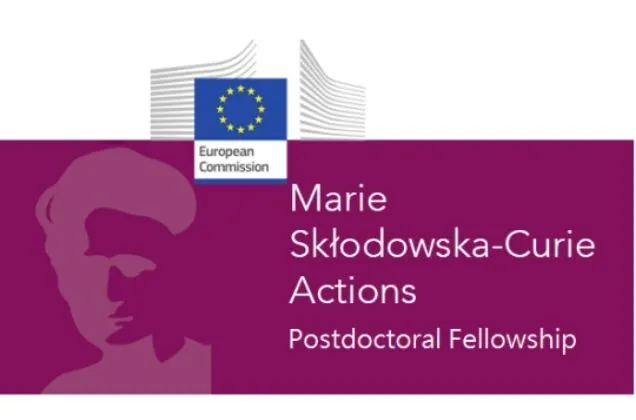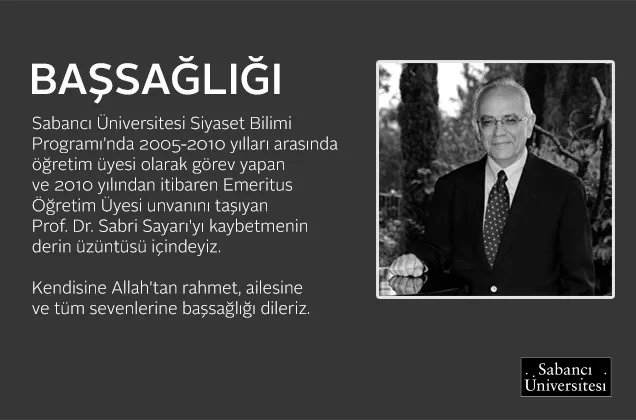20/02/2019
Next in the series of interviews with alumni who pursue their graduate careers in reputable research universities abroad is the story of Zeynep Selçuk (FENS, BIO 2018). Zeynep told us what made her stand out in the admission process, and her experiences. She also gave some tips for students who are considering graduate education abroad.
Interview: Melek Sarı
“Beyond grades are the projects you did, internship history, and most importantly, social activities and volunteering.”
MS: Which university are you in, and what are you studying Zeynep?
ZS: I am doing a master's degree on Biotechnology in the University of Edinburgh. For my dissertation, I am working on the synthesis of Taxol, an important cancer drug.
MS: Why did you choose the University of Edinburgh?
ZS: Edinburgh ranks quite high among universities, especially in natural sciences and social sciences. I wanted to make the most of what the university had to offer to me. Besides, Edinburgh is astoundingly beautiful!
MS: What reasons other than academic achievement were factors in your admission?
ZS: Academic achievement and GPA are always important but one thing I realized during the application process was that beyond grades are the projects you did, internship history, and most importantly, social activities and volunteering. Especially if you can explain how you have developed yourself through these in your statement of purpose, you start to make a difference.
MS: Based on your experience, what advice would you give prospective graduates who plan to study abroad?
ZS: First of all, they should start looking into the master's programs they want well ahead of time. The application deadline for many universities is in January. It is of course difficult to keep up with schoolwork while also trying to complete applications. I left it until the last minute and almost didn't make it.
The education system in Britain is different from what we have been used to. Writing skills have great weight here, and statements of purpose are worth a lot. You should be able to discuss all factors that will support their decision to admit you as concisely as possible. Finally, explaining what you have done is not enough; you should also discuss how they helped you develop, and what contribution they made to your career.
Good luck, and I hope you make the right choices.
Our series of interviews with alumni will continue.





